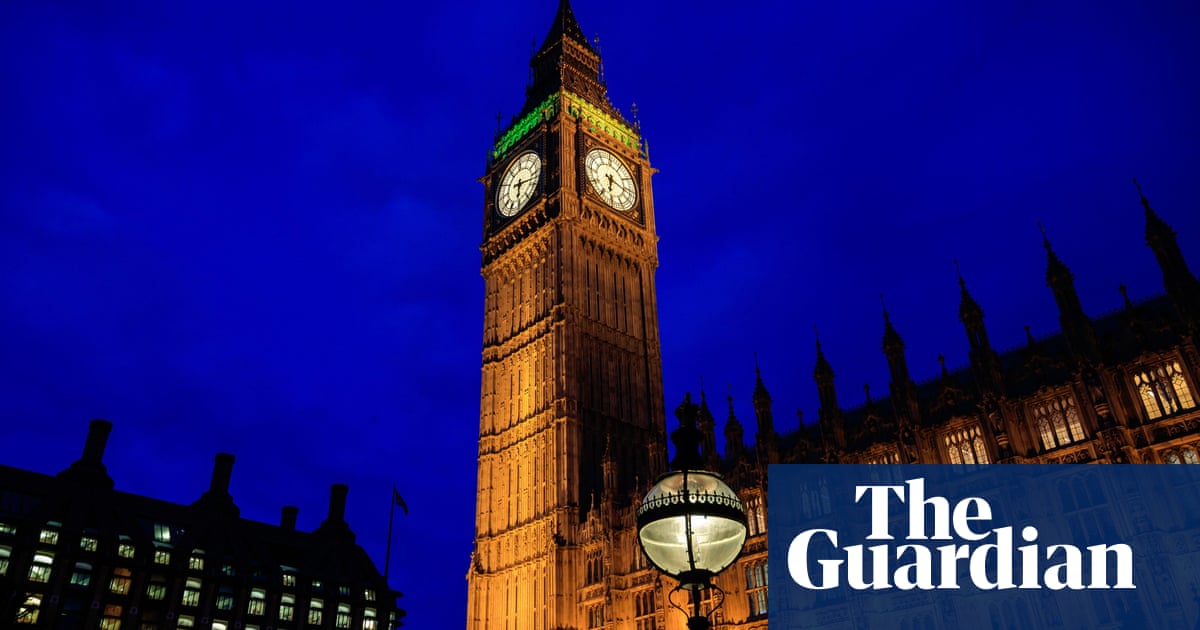
MPs will no longer automatically get a vote on any future plans to redraw constituency boundaries.
The government had planned to reduce the number of MPs from 650 to 600 but announced a U-turn on Wednesday, the last day before parliamentary recess, citing the increased workload expected because of Brexit.
However, it has also emerged that among the many changes planned by the government is that any future decisions from the Boundary Commission would be implemented automatically.
The Cabinet Office minister Chloe Smith said this would stop any “interference” in the process. A set of boundary plans were voted down by opposition MPs in 2013.
There has been criticism in the past that MPs have vested interests in the boundaries of their constituency, as any redrawing of the map can place into their patch new council wards that might typically vote for other parties, making the constituency more or less safe for their own party.
In her written statement to the Commons, Smith said: “This change would provide certainty that the recommendations of the independent boundary commissions – developed through a robust and impartial process that is open to extensive consultation – would then be implemented without interference.”
The government has now changed the rules so that the new map would be implemented automatically by bringing it to parliament through a mechanism called an order in council.
The latest boundary review process, the sixth one to take place since the 1940s, recommended in 2011 that the number of MPs should be reduced from 650 to 600, but the process has been beset with delays. Proposals laid out in 2013 that were backed by the Tories were defeated in parliament.
The Boundary Commission released new proposals in 2018 recommending scrapping 32 seats in England, six in Scotland, 11 in Wales and one in Northern Ireland.
The boundaries would have scrapped Jeremy Corbyn’s Islington North seat and made Boris Johnson’s Uxbridge less safe by bringing in typically Labour-voting wards in Ealing.
A controversial “Devonwall” seat that crossed the counties of Devon and Cornwall was another unpopular proposal in the now-axed 2018 plan.
Smith said the decision to abandon plans to reduce the number of MPs from 650 to 600 was sensible in light of changed circumstances.
“Since that policy was established in the coalition agreement, the United Kingdom has now left the European Union,” she said. “The UK parliament will have a greater workload now we are taking back control and regaining our political and economic independence. It is therefore sensible for the number of parliamentary constituencies to remain at 650.”












